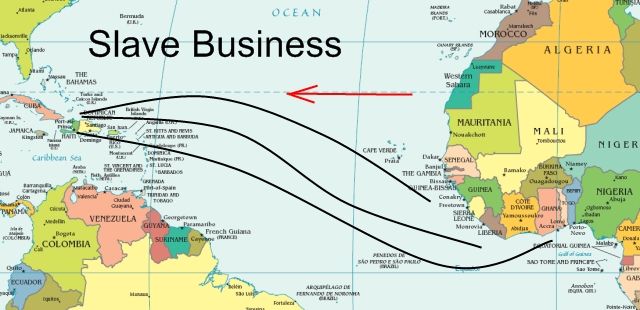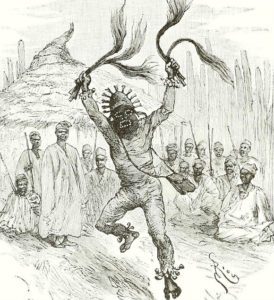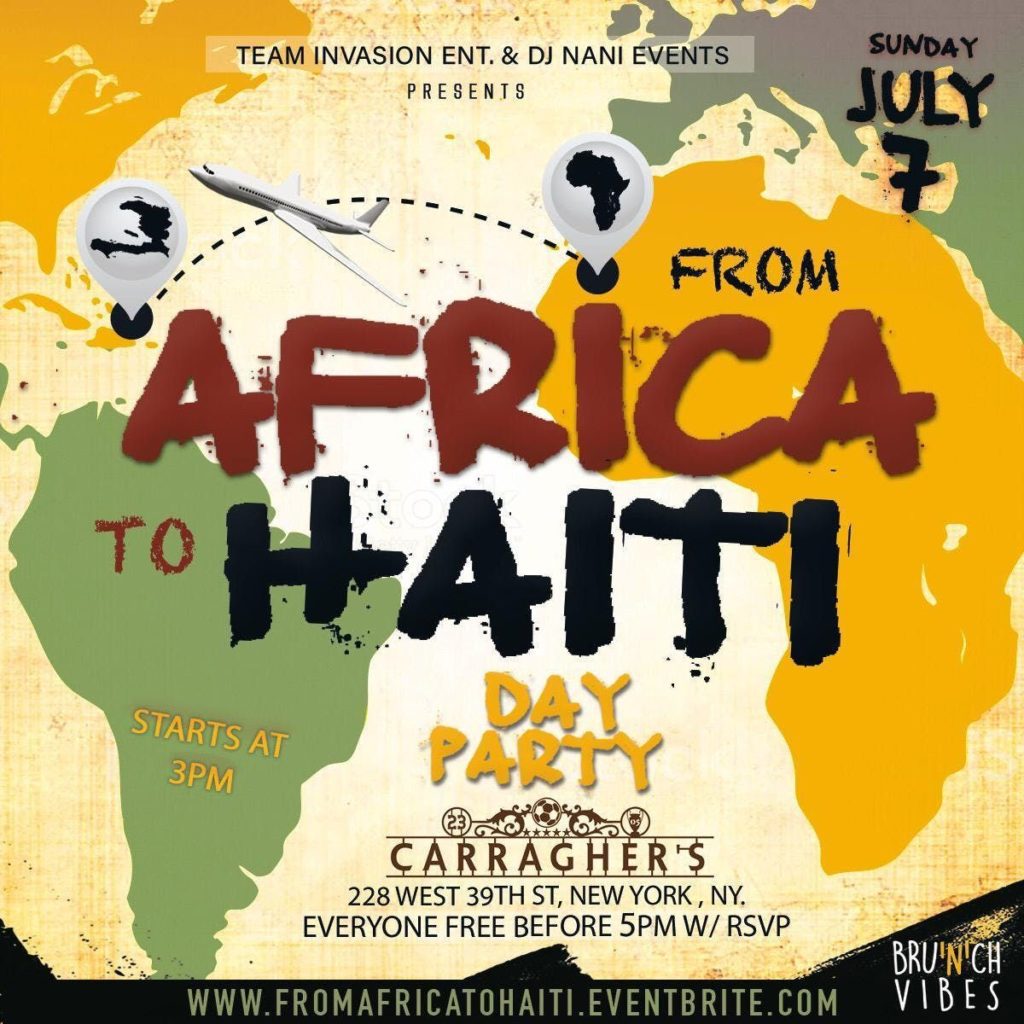Slavery
Africa has an enormous influence in the Caribbean due to European countries bringing them over to become enslaved. The first 15,000 Africans were brought over to Haiti in 1517 from Western Africa. As a result, Haitian culture is very tied to Western American culture. Haitian Creole has been significantly influenced by African languages, including the Fon language. The primary West African influence in Haiti is the West African Vodou that has led to Haitian Vodou, which led to the Haitian music Genre of Rara.


West African Vodou --> Haitian Vodou
West Africa’s main religion was Vodou. The primary goal and the activities of this religion are to serve the spirits. The believers of the Vodou have performed songs and dances to offer prayers directed at the spirits in return for health, protection, and favors. The songs that were performed were consisted mainly of drumming. The drum rhythms consist of a break in which the master drummer will initiate to oppose the main rhythm being played by the rest of the drummers. As the Africans settled in Haiti, they continued to perform those dances and songs in their everyday life. As years went on, Haiti started to establish its traditions and languages. They started to morph the West African Vodou with their language and made it their own.


The Start of Rara
The French came into Haiti and started to convert the Haitians into Christianity; many Haitians found a way to practice Vodou without the French’s knowledge. This was the birth of Rara. Rara uses numerous percussion instruments such as drums, maracas, and scrapers. The French only allowed the enslaved Haitians to travel and communicate during Easter. As a result, enslaved Haitians performed Rara during lent leading up to Easter Sunday.


Rara Today
In Haiti today, Rara celebrations continue to occur during the week of lent leading up to Easter. In modern Rara, brass and reed instruments are used, and bells or shakers. The singers sing in Haitian Creole to keep the music firmly tied to the origins. In Haiti today, Rara has a bad reputation with the government because it used to express critical social problems or criticize government leaders. Due to this, the Haitian government has tried to ban this music style. However, the government’s efforts to ban Rara have only made it more popular with Haitians. Manno Charlemagne is a famous Rara musician who became the mayor of Port-au-Prince, Haiti’s capital.




